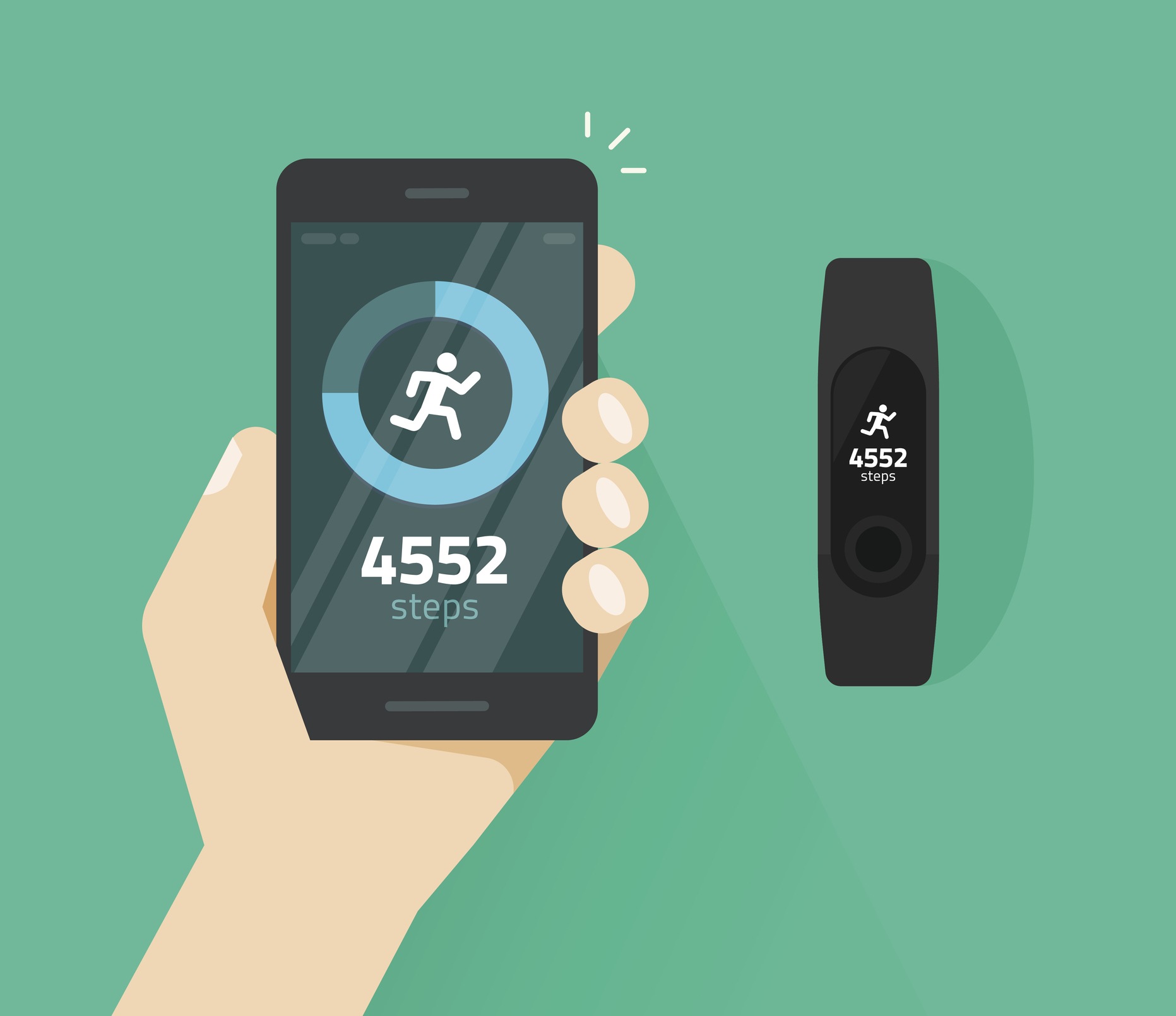
A recent study has found that wearable activity trackers like the FitBit may not be used long-term by older adults, despite being a common gift among this population. Competition with friends and family was found to decrease the chances of long-term wearable fitness tracker use in older adults, potentially because this competition decreases motivation. This study, led by researchers from Michigan State University, was published on November 18, 2019, in Telemedicine and e-Health.
The team also noted that the desire to lose weight, increase physical activity, and monitor health did not influence the duration of wearable device use either.
“For older adults, motivation is about partnership and collaboration, such as walking together,” explained Anastasia Kononova, assistant professor of advertising. “It’s about being active together, not competing.”
In their study, the researchers surveyed adults aged 65 years or older to assess which factors are correlated to long-term wearable activity tracker use. Use for six months or longer was set as the threshold for long-term utilization. Usage patterns, socioeconomic factors, activity levels, and health status were included in this analysis.
The researchers found that older adults were more likely to use these wearable devices for longer if they used a greater variety of functions to track their health, such as the number of calories burned, distance traveled, heart rate, mood, sleep time and steps.
It was also noted that participants who were female, well-educated, regular exercisers, lacking chronic health conditions, and who used the device more often were more likely to be long-term users.
Kononova noted that incorporating activities that are unique to older populations could potentially increase their long-term use. Examples of these activities include gardening and swimming. Making the devices sleek and comfortable is important in promoting usage as well, with larger and more obstructive devices being much less popular.
“Wearable activity trackers have the potential to improve older adults’ health, yet many adopters don’t use them on a long-term basis,” said study leader Lin Li, a doctoral candidate studying health and technology. “So, we wanted to see how we could engage older adults in using trackers, while also helping researchers and the industry better understand this population — where trackers are beneficial but underused.”
Unlike Millennials and Gen Z, @MSUComArtSci study found that older adults aren’t motivated by competition or weight loss to use wearable activity trackers. https://t.co/kKGhdMj1Sy pic.twitter.com/Lmt3JgYyNE
— MSU News (@MSUnews) November 18, 2019







 © 2025 Mashup Media, LLC, a Formedics Property. All Rights Reserved.
© 2025 Mashup Media, LLC, a Formedics Property. All Rights Reserved.